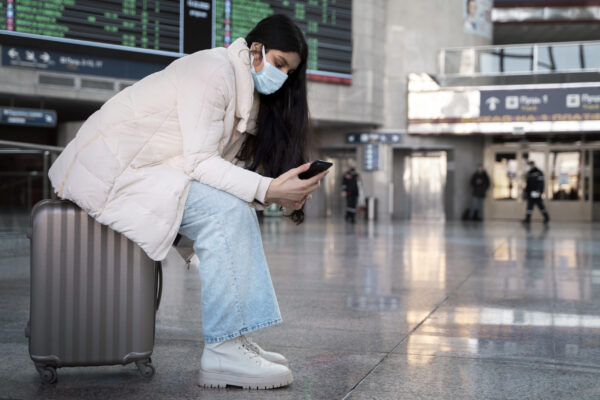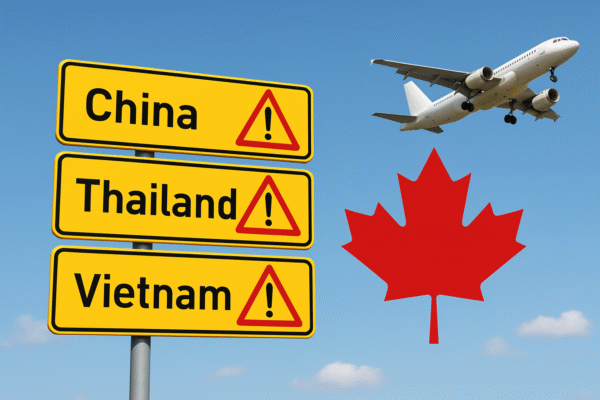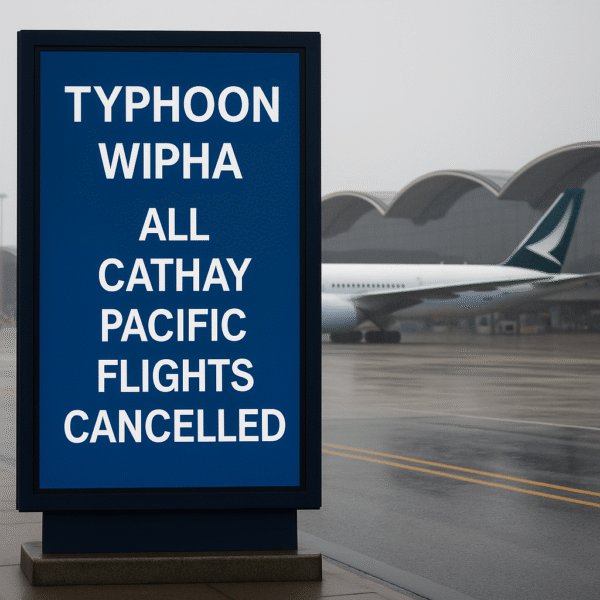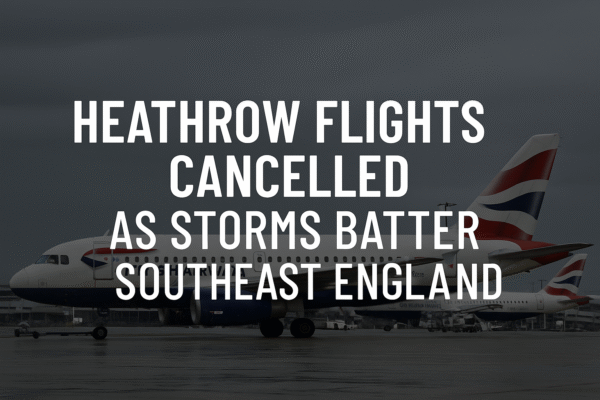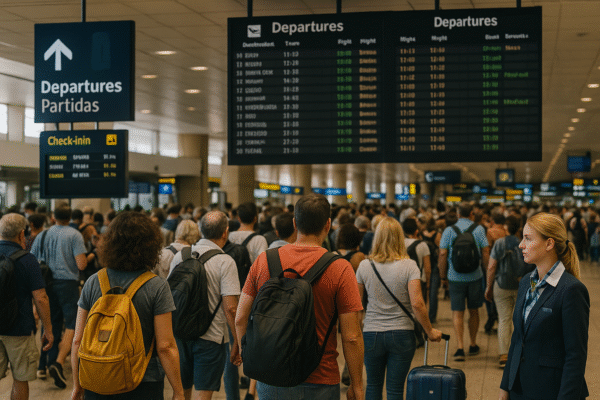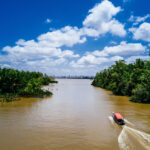WASHINGTON, D.C. — The U.S. State Department has issued strong travel warnings for five African nations—Egypt, Libya, Mauritania, Nigeria, and Rwanda—due to escalating terrorism threats, violent crime, civil unrest, and regional instability. These updated advisories for 2025 reflect a complex and evolving global security landscape and are intended to guide American citizens and international travelers in making informed travel decisions.
While some areas remain accessible under strict precautions, others—especially Libya and parts of Nigeria—are considered too dangerous for travel at this time.
🇪🇬 Egypt – Level 2: Exercise Increased Caution
Egypt remains a key travel destination, but the State Department urges increased caution. While major tourist hubs like Cairo, Luxor, and Sharm El-Sheikh remain open, parts of the country—particularly the Northern and Central Sinai Peninsula—are considered high-risk zones due to terrorism activity.
The U.S. government advises travelers to:
- Avoid Sinai (excluding Sharm El-Sheikh via air travel) and the Western Desert without licensed guides.
- Stay clear of border regions with Libya and Sudan.
- Use registered tour operators and follow all local security guidance.
Egypt’s Ministry of Tourism and Antiquities continues to implement increased surveillance and safety protocols for visitors, especially at archaeological sites and airports.
🇱🇾 Libya – Level 4: Do Not Travel
Libya remains under a Level 4 “Do Not Travel” advisory, the highest issued by the State Department. The country continues to suffer from armed conflict, political instability, terrorism, and the threat of kidnapping, particularly involving foreign nationals.
Key concerns include:
- Presence of militant factions and unexploded ordnance.
- Frequent abductions for ransom.
- Lack of functioning emergency services or U.S. diplomatic presence.
Travelers are strongly advised to avoid Libya entirely. U.S. citizens currently in Libya should depart immediately using commercial options or local support networks.
🇲🇷 Mauritania – Level 3: Reconsider Travel
Mauritania, while generally calmer than neighboring nations, is now under a Level 3 advisory. Terrorism remains a significant threat, especially in the northern desert zones, and crime continues to affect both urban and rural areas.
Specific warnings include:
- Avoid travel within 100 kilometers of the borders with Mali and Algeria.
- Refrain from entering areas designated off-limits by Mauritanian military forces.
- Stay alert in cities like Nouakchott and Nouadhibou, where petty crime and sporadic unrest have occurred.
Although the country promotes desert tourism and cultural heritage travel, visitors are urged to consult local guides and stay informed through official government channels.
🇳🇬 Nigeria – Level 3: Reconsider Travel
Nigeria’s Level 3 advisory reflects widespread insecurity stemming from terrorism, kidnapping, armed banditry, and civil unrest.
Key regions to avoid:
- Borno, Yobe, Adamawa, and Zamfara states—classified as Do Not Travel zones.
- Areas near the Niger Delta, known for militant attacks and oil theft-related violence.
Other concerns include:
- Inconsistent healthcare availability, especially in rural regions.
- Frequent reports of kidnapping-for-ransom schemes involving both locals and foreign nationals.
Tourists should exercise extreme caution and rely on professional security escorts if essential travel is unavoidable.
🇷🇼 Rwanda – Level 2: Exercise Increased Caution
Rwanda maintains a Level 2 advisory, with most of the country open to international tourism. However, border zones near the Democratic Republic of the Congo (DRC)—including the Rusizi and Rubavu districts—have seen increased militia activity and cross-border violence.
Recommendations for travelers:
- Avoid areas along the DRC border, especially near Virunga National Park.
- Use authorized operators for gorilla trekking in Volcanoes National Park.
- Be mindful of curfews and local security alerts in border regions.
Despite these concerns, Rwanda remains one of Africa’s most structured and eco-conscious tourism markets, with growing interest in sustainable safaris and wildlife encounters.
🔐 General Travel Safety Guidelines for High-Risk Destinations
For travelers heading to or already within countries rated Level 2 or Level 3, the U.S. State Department provides the following essential precautions:
- Register your travel via the Smart Traveler Enrollment Program (STEP) for real-time security updates.
- Keep multiple copies of important documents, including your passport and visa, in secure and accessible locations.
- Have a contingency plan that includes emergency contacts, exit routes, and arrangements for pets, dependents, or property.
- Avoid large public gatherings, protests, and politically sensitive areas.
- Maintain a low profile, and do not disclose travel plans publicly on social media.
For Level 4 destinations such as Libya, additional precautions include:
- Drafting a will and designating power of attorney.
- Arranging emergency funds and secure communications with family.
- Avoiding border crossings or isolated road travel without protection.
🧭 Final Takeaway: Make Informed, Cautious Travel Choices in 2025
The 2025 travel warnings underscore the growing complexity of global tourism, particularly in regions affected by terrorism, political unrest, or natural disaster. Countries like Egypt and Rwanda still offer unique travel experiences, but require increased vigilance, while others like Libya and parts of Nigeria remain high-risk and inadvisable.
By prioritizing security awareness, flexible planning, and constant updates, travelers can better protect themselves and enjoy safer, more informed journeys in 2025.
or more travel news like this, keep reading Global Travel Wire




